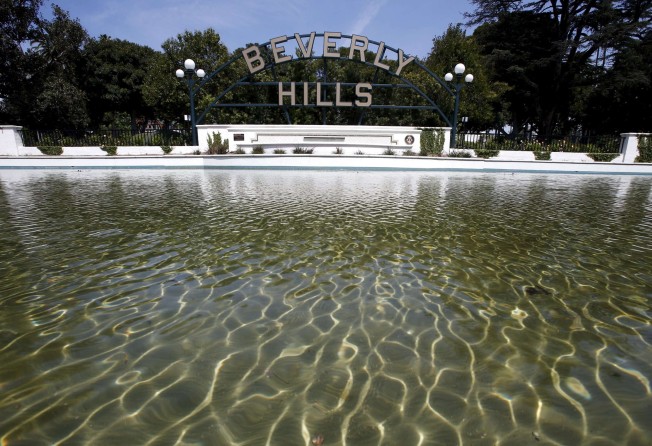Some people see bubbly pockets in the US and world economy
The low-hanging fruit of development is already picked.

For those fearful of the effects of the Federal Reserve’s telegraphed tightening of monetary conditions, I have two words: water sommelier.
The water sommelier is a creature that now exists in places like California, guiding customers through the list of exotic stilled and sparkling waters on the menus of high-end restaurants. Their very existence would seem to indicate a bubble, one that could be pricked if the US raises interest rates, as Fed chair Janet Yellen has indicated recently.
Some economists, in warning against such a hike, have acknowledged bubbly pockets in the US and world economy, but argue that we may need bubbles in order to have full employment. Developed economies in particular suffer from “secular stagnation” — high savings rates and thus lower investment/consumption as populations age and prepare for retirement.
Moreover, the low-hanging fruit of development is already picked. In other words, we are running out of things to build. The bridges-to-nowhere and build-another-factory approach to pump-priming is clearly reaching the end of its useful life.
So services are where we can pick up the slack, including luxury services. Adam Smith wrote about this nearly 250 years ago — do not condemn the indulgences of the wealthy, as their predilections create economic activity. John Maynard Keynes later added that it was good to keep people busy even if it involves digging ditches and refilling them.
But water sommeliers — really? I was OK with Doga — yoga with dogs — or personal shoppers or sunglasses for house pets. But the idea of advisers on bottled water seems to mock humanity.
It’s not just that water is water. It is that water is, after all, a commodity we have used rather recklessly. According to the United Nations: “Water use has been growing at more than twice the rate of population increase in the last century, and, although there is no global water scarcity as such, an increasing number of regions are chronically short of water.”
This includes California, which has been suffering drought conditions in the past five years, even as real estate prices soar in places like San Francisco on the back of the tech boom. Permanent water shortages in the state would contain population growth, however, which in turn would curb economic growth and ultimately deflate asset prices.
Some conservation groups are already trying to deter migration to California, based on limited water supply. Dowell Myers, a University of Southern California demography professor, says this is just plain stupid: “Without immigrants, California would be dead as a doornail,” he told the Sacramento Bee newspaper. “We don’t have enough children right now as it is to replace the workforce and the tax base ... when Californians retire.”
For years investment banks have been calling water the “new oil,” and their hefty investments in the sector through utility-like funds have helped to manage this precious resource. But it is not the type of sector that is likely to create h2o billionaires, since governments do not generally allow private citizens to corner water markets.
An alternative approach is to consider how natural water resources will shape broader economic trajectories. California, for instance, is a major agricultural state, and the majority of its water is used in this endeavour. Yet if the state were forced to choose between avocados and Silicon Valley, it seems the avocados would have to go. Well not “go,” but be reduced. This state’s agricultural products are worth more than US$50 billion annually, of which nearly a third tends to get exported.
Who would fill this slot if the water pumps were cut off to California’s agri-business? Perhaps Brazil, a country blessed with much water and one that already exports many agricultural commodities.
Some of the smartest investors in the world have been in water for a while; but returns have in many cases been disappointing, in part because governments often pay for water-related infrastructure and cap returns either directly, or indirectly through red tape and incompetence.
Indeed, the water sommeliers may be raking in higher profits than private equity in this area. On this, I’m not so sure even Adam Smith would approve.
Cathy Holcombe is a Hong Kong-based financial writer